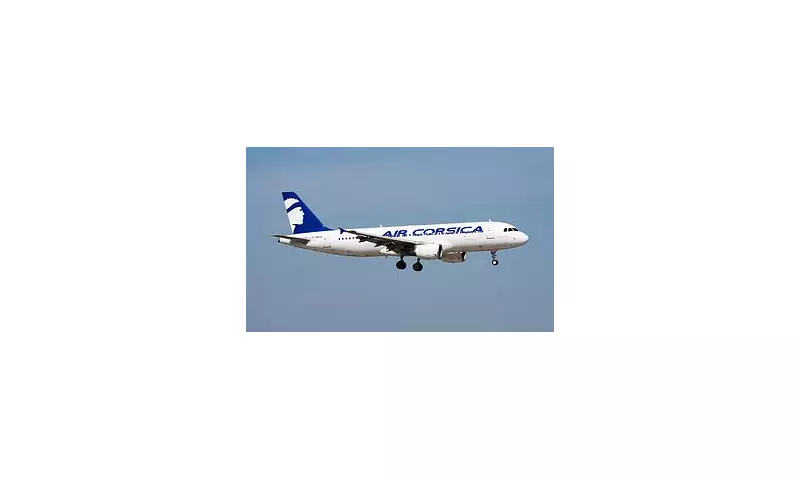
A commercial flight was left in a potentially dangerous situation, circling at 4,000 feet with no response from air traffic control, after a controller was found to be asleep on the job.
The alarming incident occurred in the early hours of the morning at Washington's Ronald Reagan National Airport. The pilot of the flight, attempting to make contact for landing clearance, was met with nothing but silence from the control tower.
'Tower, are you there?' the pilot can be heard calling out repeatedly on air traffic control recordings, his requests for instruction going unanswered.
After several failed attempts to establish contact, the pilot was forced to divert his communications to a regional air traffic control centre in Virginia. It was then that the shocking truth emerged: the sole controller on duty had fallen asleep.
Urgent Investigation Launched
The Federal Aviation Administration (FAA) has confirmed it is conducting a full investigation into the serious breach of safety protocols. "This incident is completely unacceptable," an FAA spokesperson stated. "We have strict protocols in place to ensure the safety of the national airspace system, and we are thoroughly investigating this event."
The incident has raised urgent questions about staffing levels and fatigue management for critical overnight shifts at major airports. Reagan National Airport is a key hub for domestic travel on the East Coast.
Broader Concerns for Aviation Safety
This is not the first time concerns have been raised about controller fatigue. The FAA has previously acknowledged the challenge of staffing 24-hour control towers and has been criticised for not doing enough to prevent fatigue-related errors.
Aviation experts have warned that such lapses could have catastrophic consequences. "The margin for error in aviation is zero," said one industry analyst. "A single mistake or moment of inattention can lead to tragedy. This was a very serious wake-up call."
The FAA has stated that it is taking immediate steps to ensure such an event does not happen again, though specific measures have not yet been disclosed. The safety and well-being of both controllers and the travelling public remain the agency's stated top priority.





